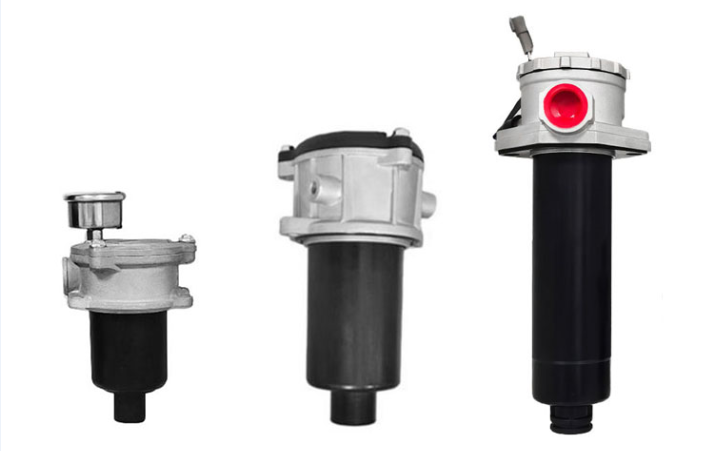There is a close relationship between the filtration accuracy and the flow rate, in general, the higher the filtration accuracy, the smaller the flow rate. The following is an in-depth analysis of the relationship between filtering accuracy and flow:
1. The effect of filtration area
(1) Increase the flow rate: the increase of the filter area will increase the flow rate through the filter. The star-shaped folding structure used by modern hydraulic filter elements can increase the flow rate by 5 to 10 times under the same overall size conditions, mainly because this structure increases the filtration area.
(2) Filtration efficiency: Although the increase of filtration area helps to improve the flow rate, the impact of filtration accuracy on the flow rate is more significant. High-precision filtration means smaller apertures and a tighter filter structure, which limits the flow rate of the fluid.
2. Influence of filtration accuracy
(1) Flow reduction: filtration accuracy has a significant impact on the flow through the filter. When the same type of filter is selected with a filter element of different precision, its flow rate will also be different. Under normal circumstances, the higher the filtration accuracy, the smaller the flow through.
(2) Nonlinear relationship: Due to the influence of the filter material structure, filter element production process and other factors, there is no fixed proportional change relationship between the accuracy and flow. However, from the point of view of practical application data, the improvement of accuracy does lead to a significant decrease in traffic.
3. Influence of medium viscosity
(1) Flow reduction: changes in the viscosity of the medium affect the flow of the filter. When the viscosity of the medium increases, the flow rate of the same filter element will decrease. This is because high-viscosity fluids have greater resistance when passing through the filter element, resulting in reduced flow.
(2) Design considerations: The differential pressure-flow characteristic curve provided by the filter manufacturer is usually based on the standard viscosity. However, in some special systems, such as the hydraulic system of heavy machinery, high viscosity hydraulic oil is often used, and the influence of viscosity on flow rate must be considered when selecting filters.
4. Influence of differential pressure flow characteristics
(1) Flow selection: Users can choose filters of various sizes according to the pressure difference to meet the flow requirements. Different filter models and specifications will have different differential pressure-flow curves, which help users understand the performance of the filter under different operating conditions.
(2) Experimental testing: powerful filter manufacturers will test the flow differential pressure curve. These results provide a scientific basis for the selection of filters.

